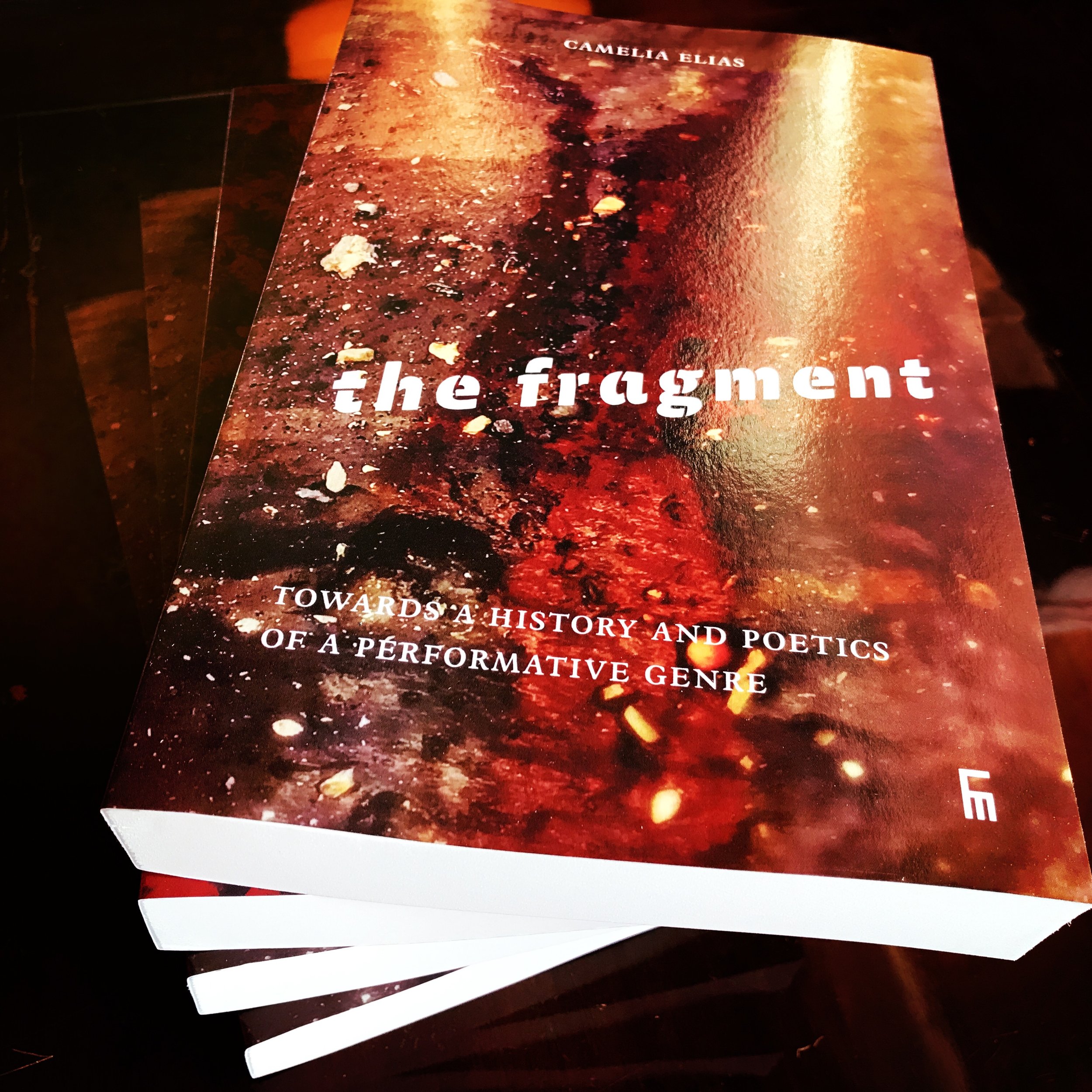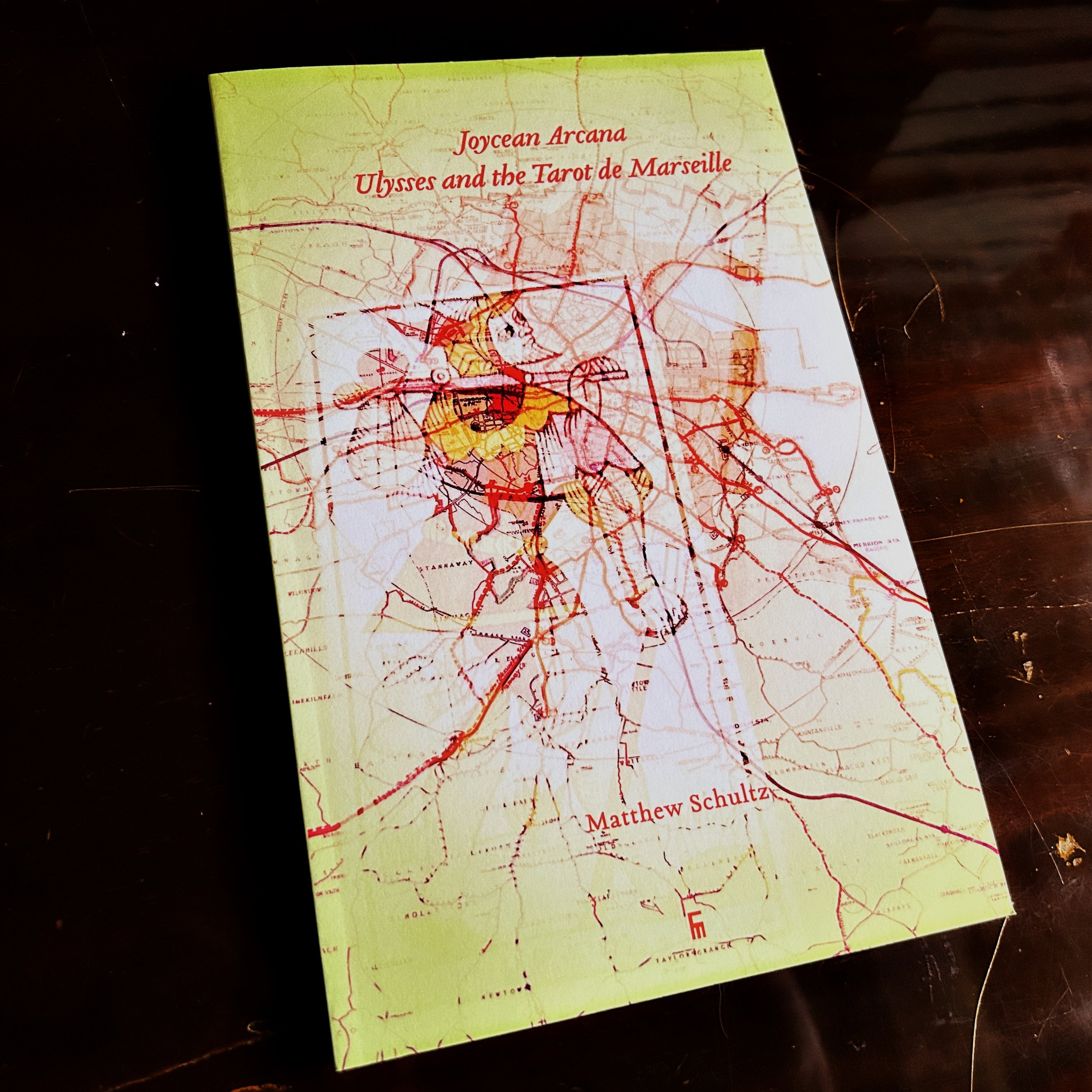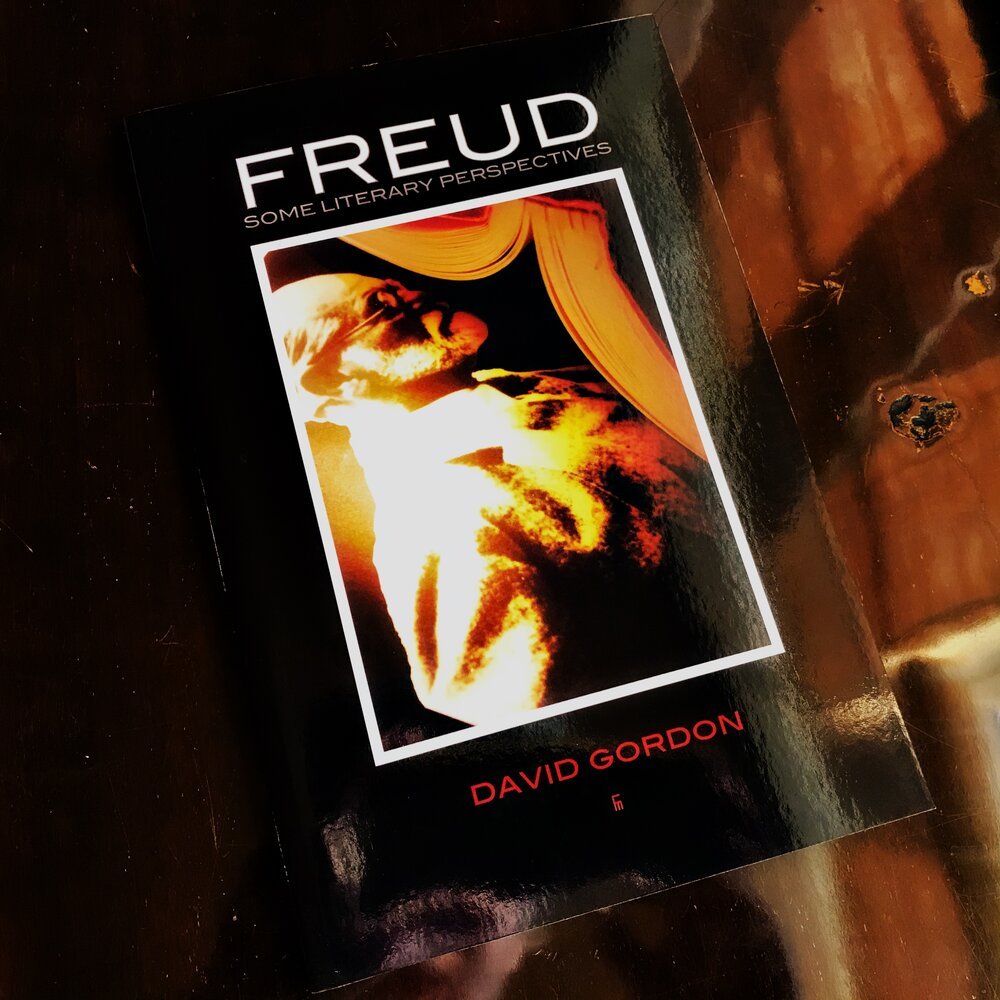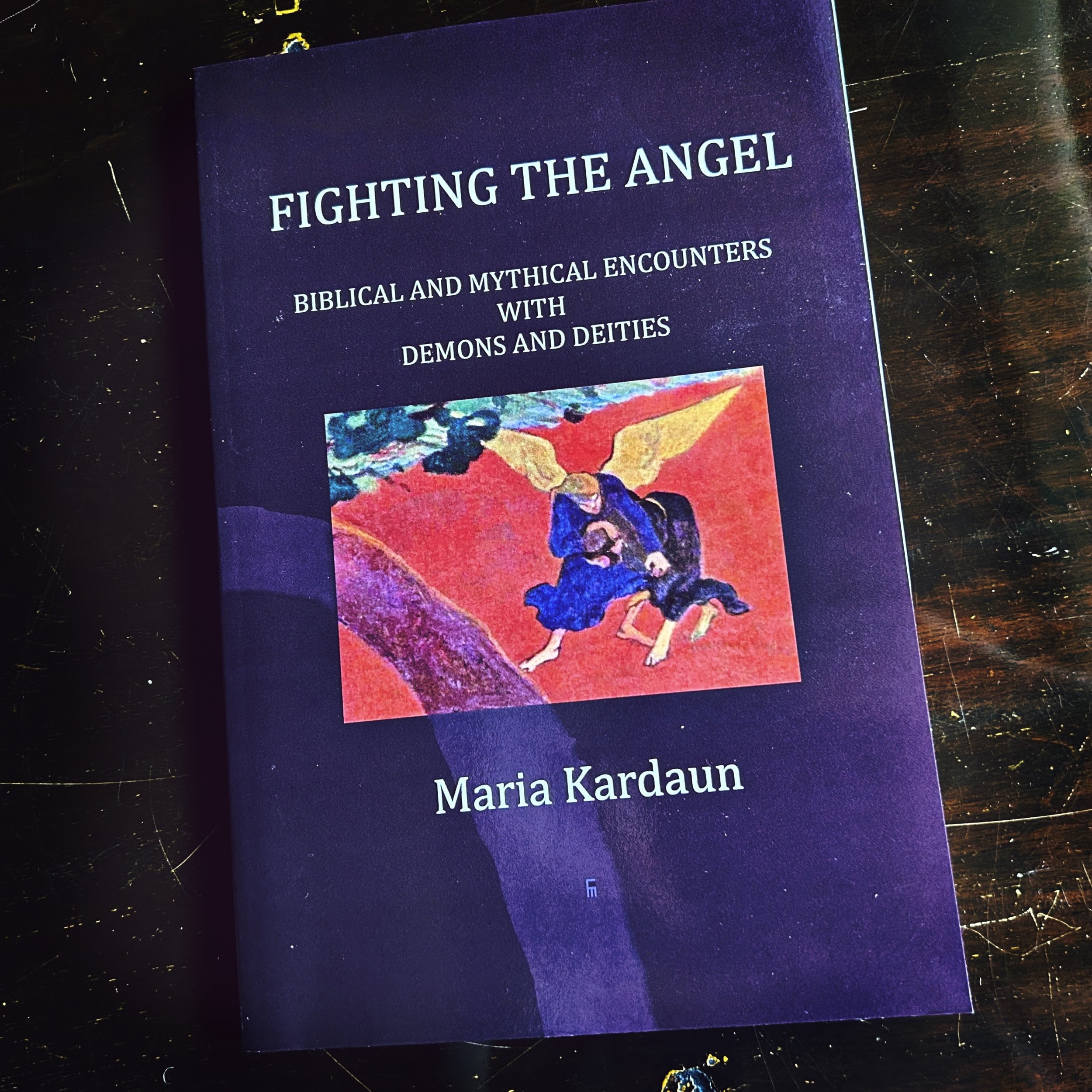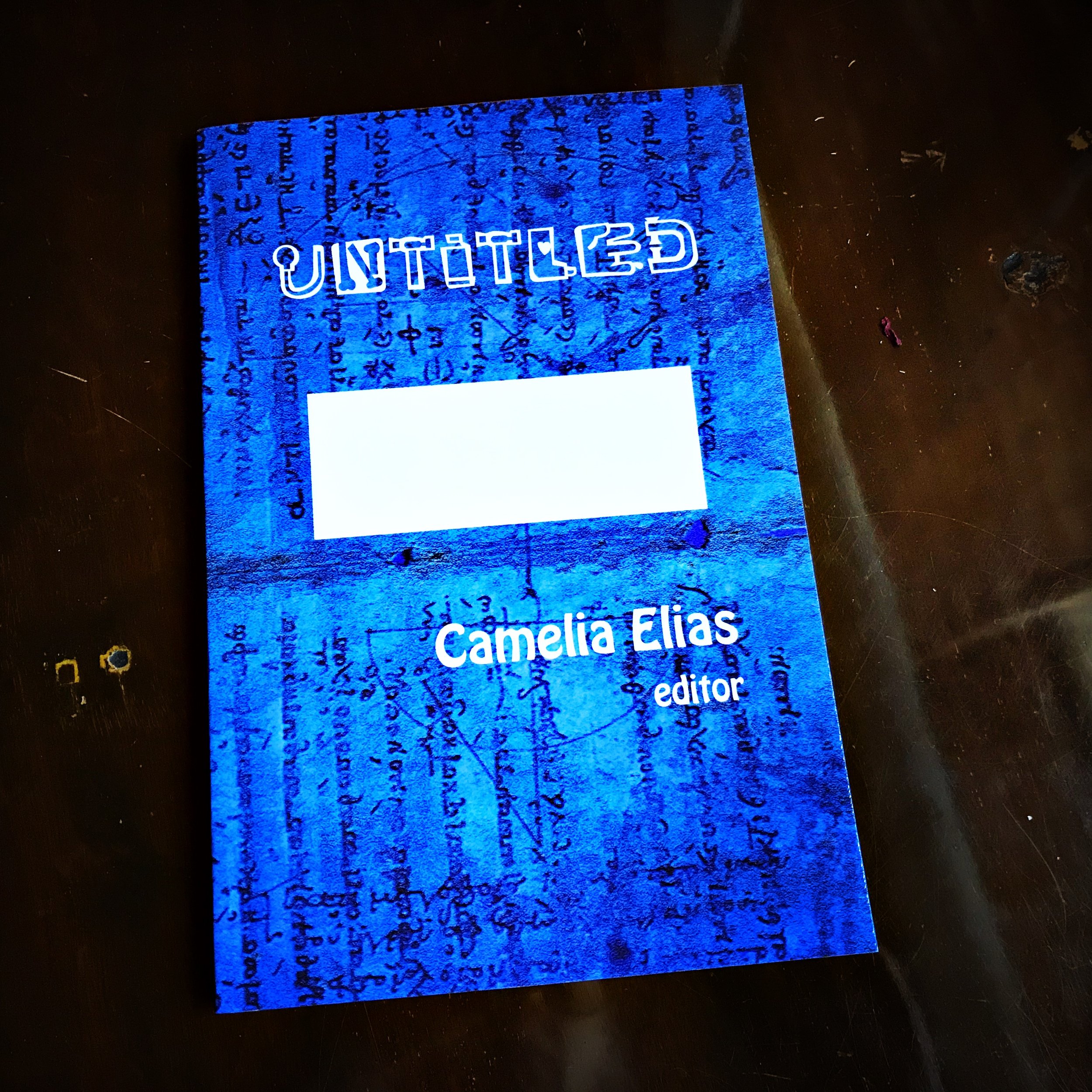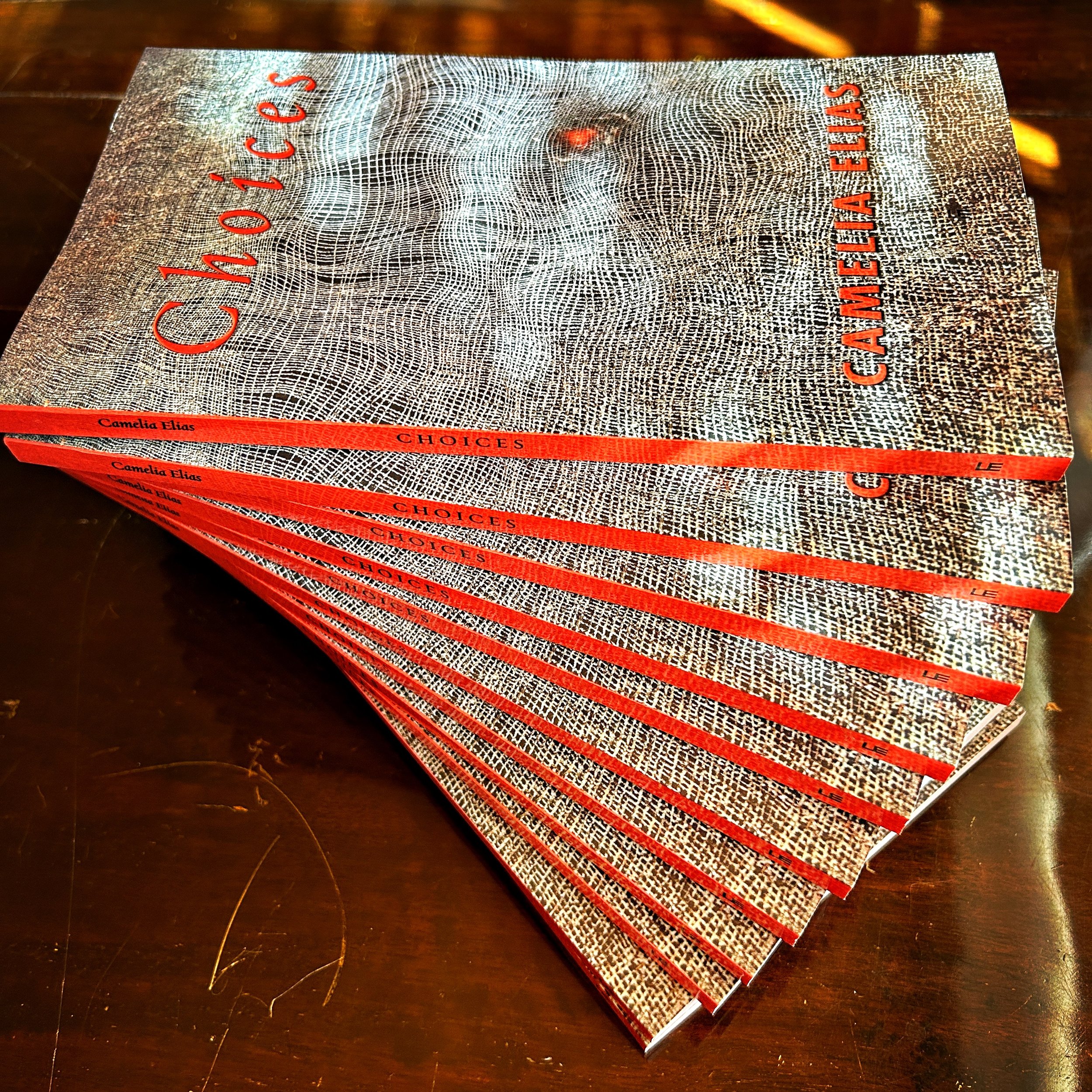
CATALOGUE
THE FRAGMENT
This monograph is an interdisciplinary study of the concept of ‘fragment’ in literature and in critical and literary theory. It discusses the fragment’s performativity and function within a historical perspective, stretching from Heraclitus, via the German Romantics and European writers of the Modernist period, to American postmodern manifestations of the fragment.
FRACTURED ECOLOGIES
Fractured Ecologies participates in environmental praxis through literary practice. How does experimental writing contribute to the ways we think about ecology? This collection of papers, bent essays, and playful poetic impressions positions marginal aesthetic forms front and center.
JOYCEAN ARCANA
In Joycean Arcana: Ulysses and the Tarot de Marseille, Dr. Matthew Schultz proposes a new framework for exploring the complex characters and relationships in James Joyce’s Ulysses. By situating Joyce within the wider circles of occult modernism, Schultz builds upon the widely-accepted Homeric framework of Ulysses to show how the Odyssey as both a divinatory tool and an allegory for the journey of the soul may further illuminate Joyce’s 20th-century masterwork.
WRITER DIRECTORY
This book offers a species of hybrid text, part miniature literary biographies, part figuration and metaphor.
FREUD: LITERARY PERSPECTIVES
Gordon’s nine essays explore the literary reception of Freud in various contexts. They study the connection of his psychoanalysis to: the concepts of tragedy and comedy; to literary criticism as represented by Harold Bloom; the cognitive challenge of his (and Darwin’s) major theories; the competition between his concept of depth and that of certain novelists; the concept of memory illustrated in Proust and cognitive neuroscience; the imagining of one’s own death represented by post-Enlightenment poetry; the interpretation of “Hamlet”; Nietzsche’s idea of “the good European”; and, finally, to what a cultural perspective can contribute in assessing the value of psychoanalysis today.
PILGRIMS TO ELSEWHERE
The essays and shorter pieces in this collection treat writers of the Beat Generation, together with certain of their allies and ancestors. Authors whose works are considered include Jack Kerouac, Allen Ginsberg, Gregory Corso and Bob Kaufman, as well as Fitz Hugh Ludlow, James S. Lee and Ken Nordine. A theme seen implicitly to be linking these authors is their common yearning for utopian harmony and mystical transcendence, a desire that drives their vocation as pilgrims to elsewhere.
SEVEN LITERARY ANTITHEISTS
David Gordon reminds us that, while the word God is no longer meaningful from a scientific point of view, it continues to denote a resonant myth in our imaginative lives. He directs our attention to those gifted writers (here called “literary antitheists”) who combat the presence of this myth in their own minds by finding artistic means to dramatize the resultant conflict.
FIGHTING THE ANGEL
As the Biblical patriarch Jacob, after twenty years of exile, is about to cross the river that separates him from home, he gets into a nocturnal fight with a supernatural figure, traditionally referred to as ‘the angel’.
THE WAY OF THE SIGN
This is a book about extraction, about reducing methods of inquiry to the bare bones. It guides students through 10 schools of theory and criticism. The focus is on ‘asking’ each theory to give its best in the simplest way, by making us see what is at stake and how we might respond to it.
PULVERIZING PORTRAITS
Pulverizing Portraits provides the first book-length study of contemporary American poet Lynn Emanuel.
BETWEEN GAZES
In this book Camelia Elias introduces key terms in feminist, queer, and postcolonial/diaspora film.
FEDERMAN FRENZY
A festschrift for Raymond Federman with the author’s inedit collaboration.
PASSION SPENT
This book is a reading of the arabesque tales of Edgar Allan Poe, focusing on the main themes of love, identity, and reason.

